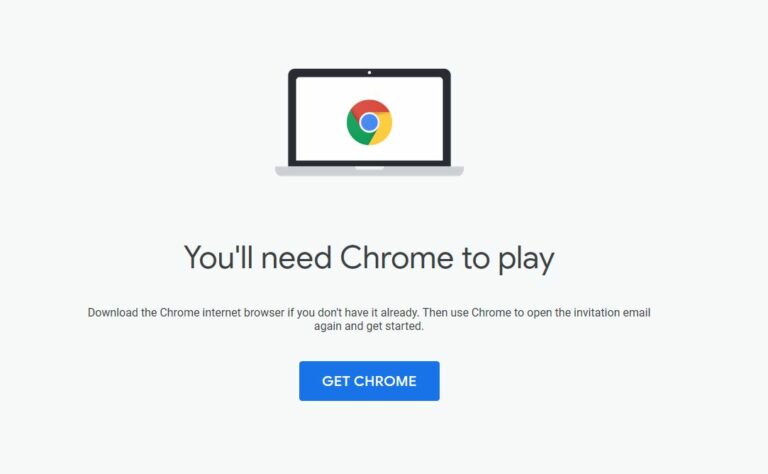It’s no joke that game piracy really hurts the industry. How it hurts the industry, I do not know. Most of the pirates I’ve seen probably don’t have enough money to buy the games they “steal” but nevertheless it’s a problem. I mean, if games don’t make money then investors don’t invest in games and then we’re stuck with GoFundMes and Kickstarter games that have as much success making it past the first released alpha build as you do getting your order right at the local fast food restaurant.
The key to piracy is that the games code is executed within the PC that it is installed in. If you play, for instance, Fallout 4 then there is very little online connectivity built into the game. Everything, from NPCs to damage calculations, is ran through your processor and graphics card to present the game to you. The game’s code is literally within your PC’s memory and thus can be altered and toyed with.
DRM circumvention is done in a myriad of ways, from changing the executable to remove any DRM checks to emulating a DRM server to give the game the a OK to run. All of these rely on the game being on your actual computer. What happens when the game’s code is no longer executed on your own PC but is instead executed in a data center somewhere? Things change.
Pirates don’t get to play MMOs / online only games unless they somehow emulate the servers the MMOs run off of, because MMOs require you to login and all of the game is executed on the server’s side. The client itself is only responsible for sending commands to the server and playing what the server calculated back on your screen. Modifying the game to send invalid commands (teleporting, speedhacking, etc.) are not unheard of, but you still have to login and to login you have to buy the game.
Project Stream takes this mechanic one step further by running the entire game on a server and simply screencasting the gameplay to you. While it’s not new tech, it’s tech that’s starting to viable now that most urban households have access to gigabit Internet and most of the suburbs can see speeds above 150mbps, while rural communities often get at least 50mbps or more connectivity these days. In a world where Twitch streaming is a mainstay past time for gamers, streaming the game to a PC isn’t unheard of.
This of course means a few things – first, you’re going to have to use Chrome if you want to use Project Stream and second, change is coming and we need to be excited as gamers but vocal as consumers as the wave of change comes towards us
The Browser Wars Extended
Before we even get into the issue about mods and access, the biggest issue right in my face is the need for Chrome. For Project Stream, the service requires you to use Chrome of which I don’t even have installed:

I would have to install Chrome in order to play games on Project Stream. What if I don’t want to? Well, I can’t play them, now can I? There are risks and trade-offs for both directions. Chrome being the driver means that any PC that can run Chrome could arguably stream the games. Mac, Linux and Windows all come to mind meaning games will become free from operating systems. On the flip side, it means you’re forced to adapt to that technology.
I, for one, would like my choice in games not to also commingle with my choice in browser.
Change is Coming
This changes everything though. None of the game’s memory is on your PC. You don’t even have the ability to send invalid packets off, because the only thing the receiving computer is looking for is input commands. You’re not going to circumvent the DRM because the server has to authorize you to play the game, much in the same way an online game does. You’re not even going to have the chance to “hack” the game because of your limited options in interacting with the server.
So this means that gamers can play games exactly the way the developers meant that they could. Online games will have less cheating, the need for $450+ graphics cards or possibly discrete graphics cards in entirety will go away as APUs will be absolutely fine in handling the streaming.
However, it also means that your access to a game is limited only by the service in which you’re subscribed to. If Project Stream no longer carries the game, you’re not going to have a backup. If they remove your access, it’s gone for good. Game modding will move from a “install and hack away at the game as much as you want to” to “pay $5.99 for this community created DLC” ala Skyrim.
Game developers will own their game fully while consumers will not. No backups are going to be allowed. No save game editing. No control. Gamers will win big because a potato box will run the best games at 60FPS 1080p no problem but consumers themselves will lose big.
The technology, again isn’t new. OnLive failed. Playstation Now is the same thing going on right now on both PC and PS4 and some smart TVs and the technology is great, works well and actually enables access to console titles that I wouldn’t be able to play right now without resorting to emulation or a huge purchase of old game consoles. GeForce Now is live and very similar to Project Stream and you can interchange my arguments for both.
GeForce Now
GeForce Now actually differs a small bit because it is an optional service to enhance games you already own. If you own, for instance, Overwatch then GeForce Now enables you to play it over its service. You have to verify ownership via Steam/Blizzard/etc. before you can play.
The biggest limitation has been Internet speed, though and that has been improving like I said. I recently just upgraded to gigabit Internet myself. These services require 25mbps vs. the 1000mbps that gigabit comes with. With speeds increasing for everyone and mobile phones becoming a bigger focus (to the point they may soon replace desktops and laptops entirely), it makes sense that this technology is making a resurgence.
What Happens When the Service is No More?
OnLive lasted for five years and did the same thing Project Stream is trying to do, just without the whole forced use of Chrome. It shut down in 2015 for good, but when it did at least users were able to download some of their save files.
After April 30, 2015, our data centers will shut down and the service will be offline. All accounts will be closed, and all data deleted including game save data, achievements, and credit card data will be deleted. If you purchased a Steam game from OnLive, that game will still be available on Steam. No refunds will be available for any game purchases, hardware purchases, or subscriptions.
OnLive’s Last FAQ Post
A limited window was opened to get the files. If you bought a game, it was gone unless it was a Steam copy. You had 30 days to get those save files and there was only certain ways to get them – the mobile app wouldn’t allow you access. It was good that players could get their saved games, but it also meant that all the money and investment was gone.
If you bought an OnLive console, worthless. The controller was based on if you got it with the console or not. The console controller was locked to the console and the universal controller was not. The entire hardware package will likely be some YouTube unboxing in 2025 going on about this 10~15 year old technology.
The big thing when you don’t own something is that you’re at the mercy of those who do. For instance, GMail was free back in the early 2000s when I signed up. Years and years and years of use has me now at my inbox capacity limit. I can either pay for it or keep deleting emails. The nice thing is I can archive those emails and delete them and take ownership. However, that ability is still at the mercy of Google who could tomorrow say no, you can’t have your data.
As gamers, we should rejoice and celebrate the technology but as consumers we need to be careful that we’re not heading into the dark age of gaming where there is no innovation, no modding and corporations own everything we do from start to finish
How does this make you feel? Ready for a world of streaming games at 4k FPS on a potato or will they pry your Skyrim mods from your cold liquid cooled discrete GPUs hands? Let us know in the comments below.







Comments are closed.